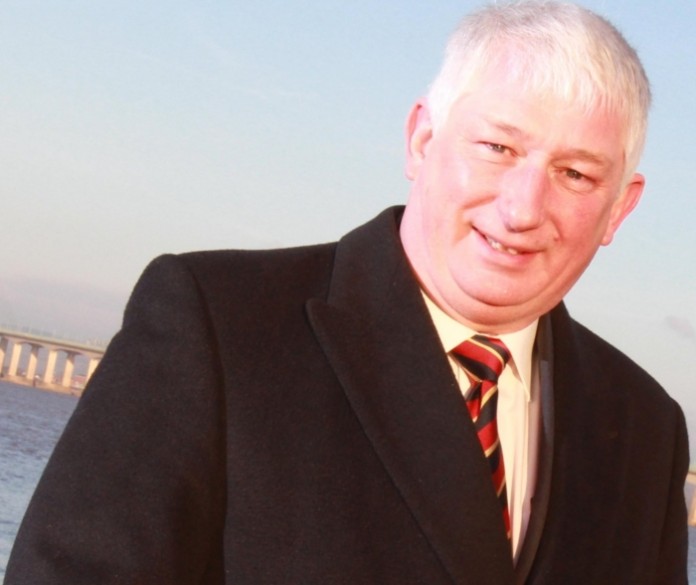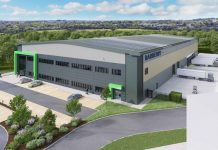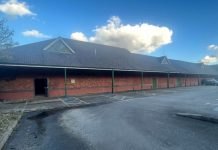
Commuters in Bristol are asking why Tim Peake could reach the International Space Station in just eight hours while they can take the best part of two hours to get from one side of the city to the other.
Paul Matthews, Head of Bruton Knowles’ Bristol office, said failing traffic lights and extended closure of key roads and bridges had united Bristol’s business community behind its long suffering commuters.
“We already have the second slowest commuting times in the country – it’s quicker to get around London than it is to cross Bristol. And endless queues of traffic in every direction are making a mockery of Bristol’s Green Capital credentials. Nobody wants to sit in traffic for an hour and three quarters twice a day.”
Paul Matthews said he had never seen the city’s key routes being brought to a standstill on such a regular basis.
“It is easy to see why so many business commuters are fed up with Bristol. Despite all the Green Capital huffing and puffing we can’t arrive at meetings on time, we can’t park on the roads around the city centre because of the RPZs and we still can’t use one of the principal car parks in the city centre because of a fire which happened months ago.
“Cattle Market Road, one of the key back routes which allows traffic to flow and reduces pressure on our principal trunk roads, looks set to be closed for two years and more to improve access for pedestrians and cyclists.
“Will it ever re-open? Prince’s Street Bridge is the same. Commuters deserve to be told why these critical projects aren’t being tackled with the urgency we would expect from a 21st century European city.”
Paul said business people they were speaking to were livid the situation had been allowed to get worse. He said visits to colleagues in Bruton Knowles’ offices elsewhere in the UK had underlined the extent to which Bristol was falling behind the pack in terms of traffic management.
“If Bristol wants to attract new businesses to the city it has to address these issues. The city is competing with the likes of Cardiff and Birmingham for relocations, cities who appear to take the commuting problem far more seriously than our council seem to.
“The staff of the major employers in the city do not all live within the city walls, within walking or cycling distance. Their customers and clients need to get to these businesses swiftly and be able to park within a reasonable distance, otherwise trade will suffer with potential consequences of firms looking to locate elsewhere, to the detriment of Bristol’s community as a whole.”
“The metro system is to be applauded, it has a great future and should be expanded on in future years. Disruption caused in the short term is to be expected, but the city should beware that it does not blight Bristol with a reputation of not being open for business in the meantime.





















